How many people speak Russian?
144 million;
376 million;
255 million;
412 million.
In 2024, more than 255 million spoke Russian, or 3.1% of the global population, which makes it the 9th most spoken language and 7th in terms of native speakers. It’s one of the 20 languages which are the mother tongues of 3.7 billion people and one of the 200 spoken by 88% of the world population. A bit more than half Russophones live in Russia.
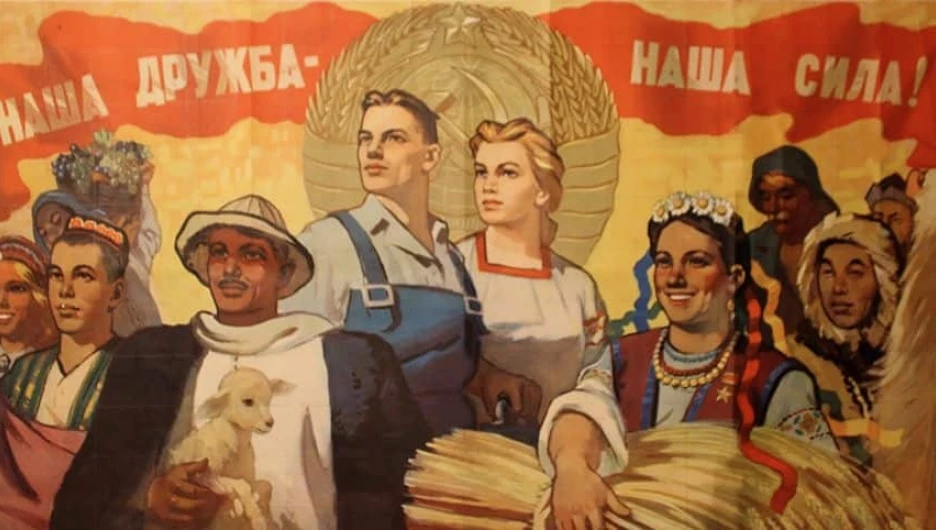
Who invented the Cyrillic alphabet?
Persian ruler Cyrus the Great;
Byzantine missionary Cyril;
Danubian prince Cyril;
We don’t know.
We don’t know. It was named after the Byzantine missionary Cyril who had invented the unique Glagolitic script alongside his brother Methodius in the mid-9th century for the Christian kingdom of Great Moravia (now Czech Republic, Poland, Slovakia, Germany). As the tradition has it, the cyrillic alphabet was created by Clement of Ohrid in the second half of the 9th century, the disciple of Cyril and Methodius and a man of letters in the First Bulgarian Empire. The Cyrillic letters resemble the Greek ones but reflect the same sounds that the Glagolitic ones.

What region has Russian as the most spoken native language?
Central Asia;
Caucasus;
Eastern Europe;
Europe.
Europe. Russia, Ukraine, Belarus, Baltic countries, and Germany make Russian the most spoken native language of Europe. Russian language, history, and literature are offered by the universities all over the continent.

How many years do Russians study their language and literature at school?
Language 8 years, Literature 4 years;
Language 11 years, Literature 11 years;
Language 10 years, Literature 8 years;
Language 11 years, Literature 6 years.
Language 11 years, literature 11 years. Grammar, orthography, writing, and literature are taught every year.

When did Russian start to be spoken in North America?
Late 19th century;
Late 10th century;
Mid-17th century;
Late 18th century.
Late 18th century. In 1784, Russian merchants founded the first permanent settlement in Alaska. The Russian Empire controlled the region until 1867 when it was sold to the U.S. in order to avoid potential military confrontation. Russia had other colonies in North America, such as Fort Ross, California, that was owned by the same Russian-American Company that exploited Alaska and also sold to Americans in 1841.

Which of these words came to English from Russian?
Borsch, vodka, meadow, tsar;
Gulag, valley, mir, intelligentsia;
Dole, boyar, pryanik, gung-ho;
Pogrom, kulak, sputnik, Perestroika.
4. Pogrom (погром, ‘crushing’), an attack on an ethnic minority implying murder and looting (the word became world known at the turn of the century during the Jewish pogroms in the Russian Empire).
Kulak (кулак, ‘fist’), a well-off peasant whose property was appropriated by the Soviet state in the 1920-1930s.
Sputnik 1 (спутник, ‘company’), the Soviet satellite placed into orbit in 1957, the first artificial satellite of the Earth. Countries allied with the USSR were called страны-сателлиты.
Perestroika (Перестройка, ‘rebuilding’). Holistic reforms initiated by the general secretary of the Communist Party Mikhail Gorbachev in 1985 to overhaul the Soviet Union.
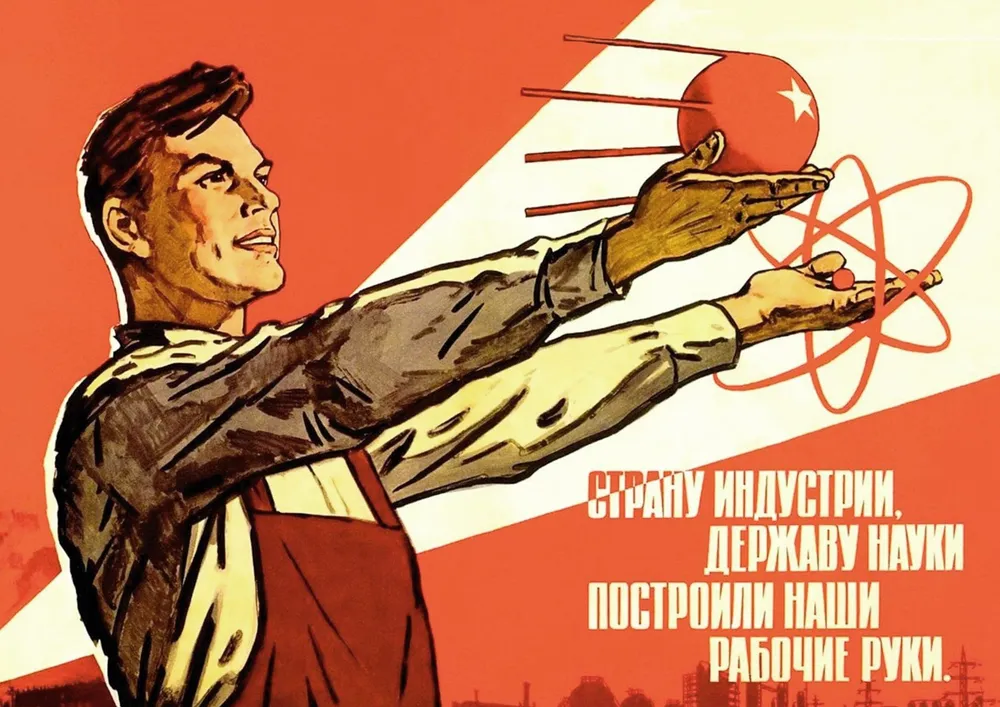
How many official languages are there in Russia?
1;
6;
25;
13.
25. Every national republic enjoys a constitutional right to have its own official language in addition to Russian. There are 25 such languages in 19 republics. Around 20 have an official status but are less widely used. In total, Russia has 155 languages that are actively spoken by sizable ethnic communities. Many of these languages are Turkic, Finno-Ugric or belong to one of the three Caucasian families. 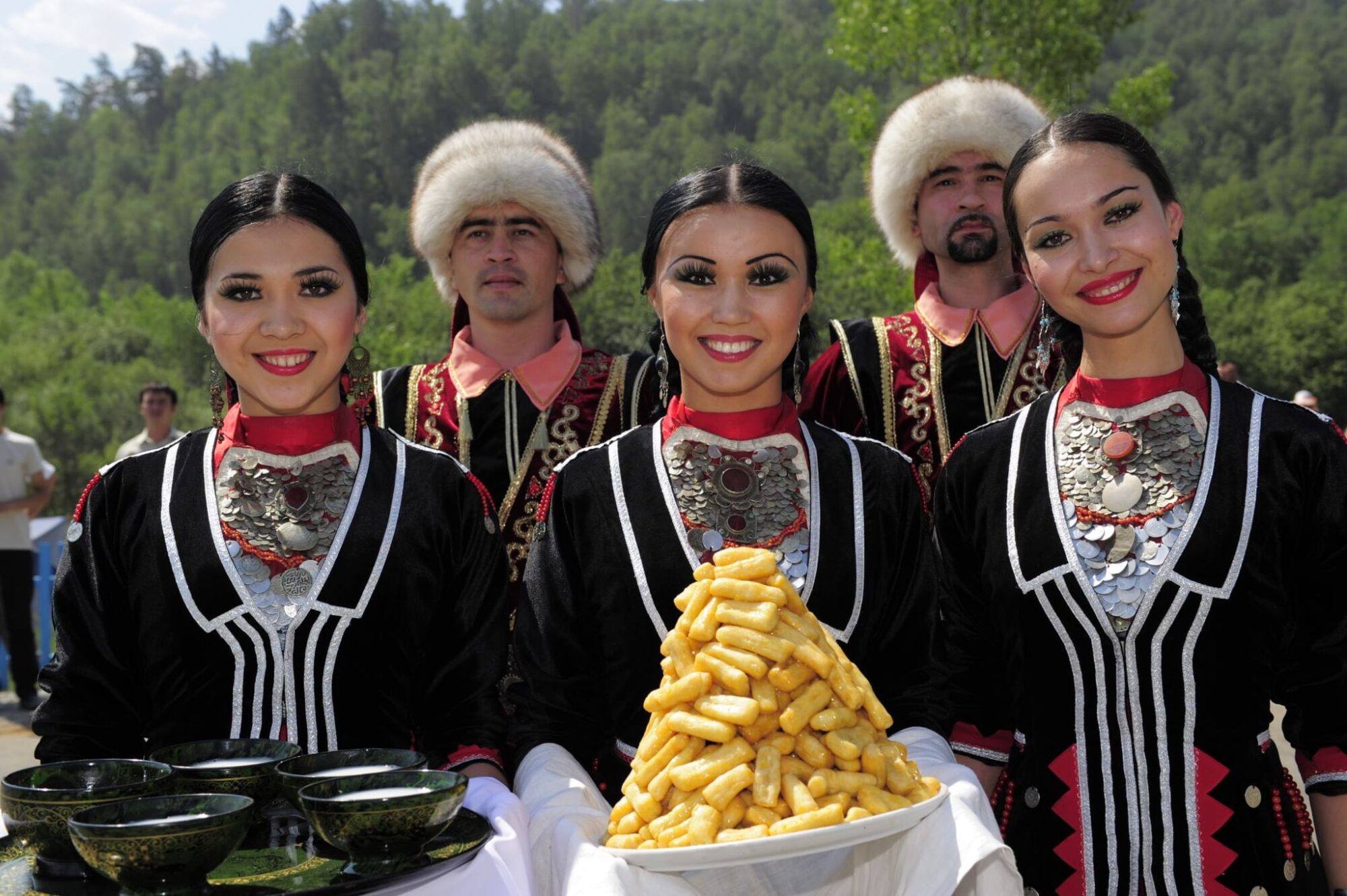
When did most of Russophones learn to read and write?
16th century;
Late 19th century;
After 1917;
Mid-18th century.
After 1917. The vast majority of the imperial population remained illiterate until the Revolution. In 1919, the Soviet government launched the liquidation of illiteracy campaign (known as ликбез, ликвидация безграмотности). Everybody from 8 to 50 years old was obliged to learn how to read and write in their native language or in Russian, as they wished. The campaign was led by Nadezhda Krupskaya, a revolutionary and wife of Lenin.

What did Karl Marx learn Russian for?
To correspond with Lenin;
To talk to his Russian lover;
To foretell the future of the world;
To translate Das Capital into Russian.
To foretell the future of the world. Marx claimed that he learned the language to study the Russian peasant commune and decide if it could serve as a basis for communism. Marx concluded that the peasant commune could enable Russia to circumvent capitalism and transition from feudalism directly to communism, which would make the country’s historical path unique and, under certain conditions, spark a global communist revolution. 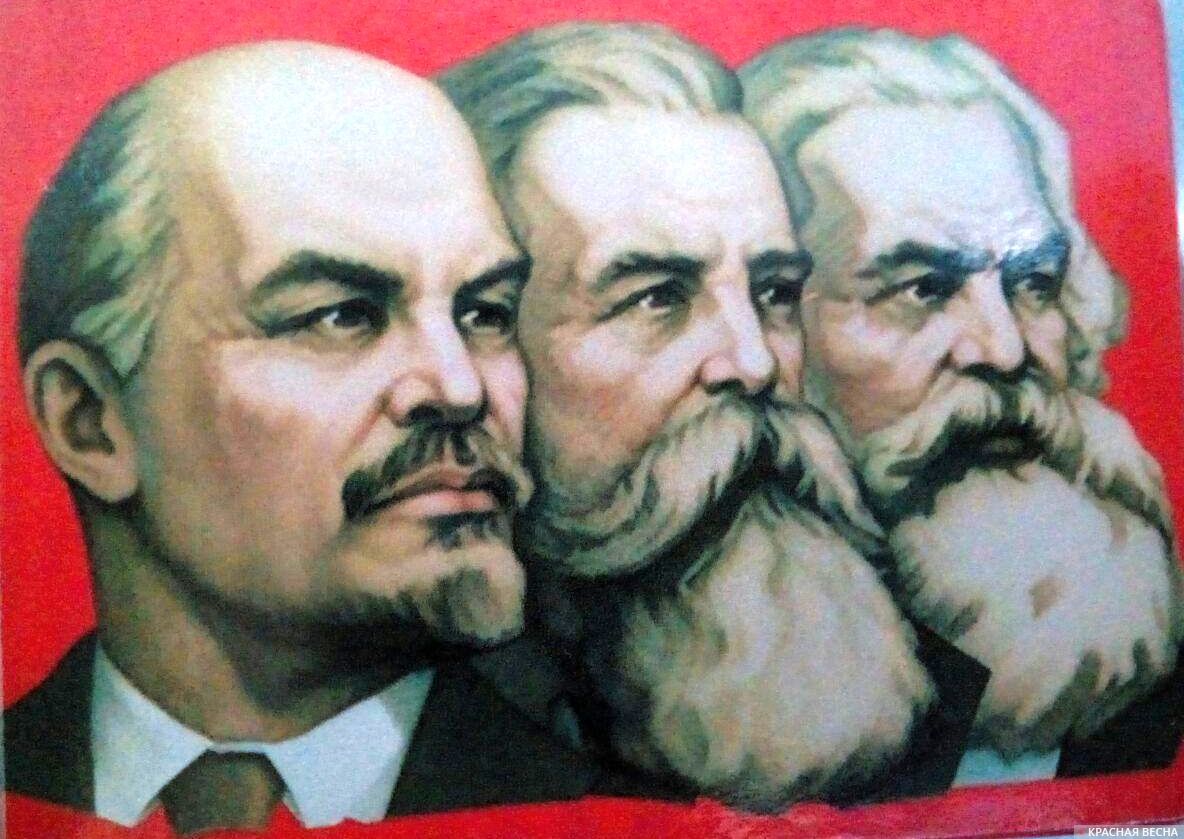
How many countries have at least around a million Russian speakers? Name five countries from three different continents to double the points.
8;
14;
17;
11.
Россия, Украина, Беларусь, Казахстан, США, Армения, Израиль, Грузия, Узбекистан, Таджикистан, Германия, Кыргызстан, Туркменистан, Азербайджан.
Even though Russian is being spoken considerably less outside Russia after the fall of the USSR, it still retains a noticeable presence in several regions. The total population of Baltic countries more or less equals that of Wisconsin, but they all have at least a third of the Russian-speaking population.
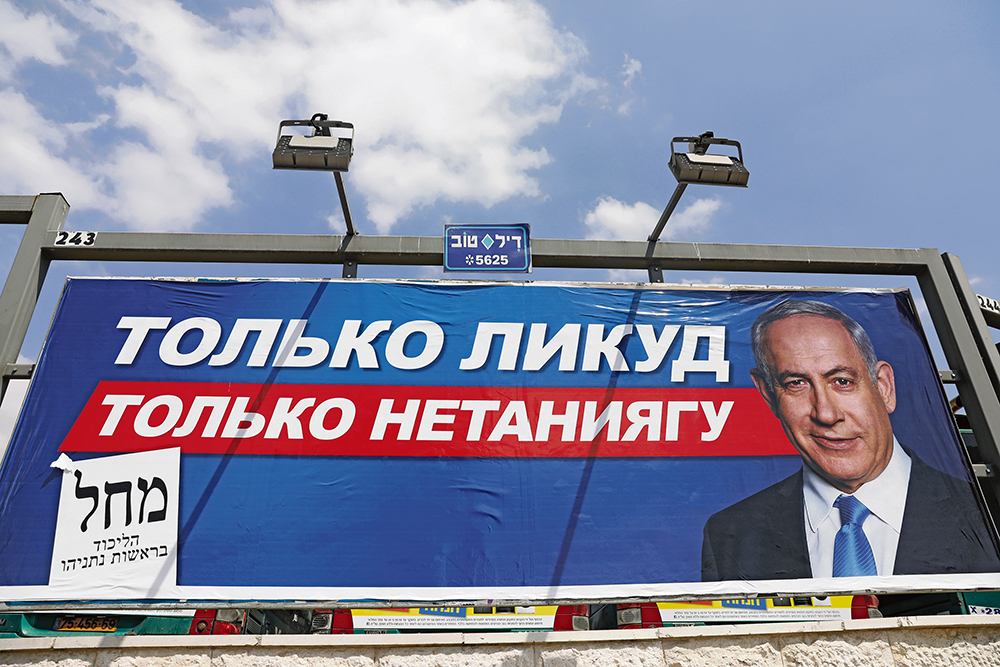
How many Russian-language writers won the Nobel Prize in Literature? Name two to double the points.
7;
11;
6;
3.
6. The first one, émigré prosaic Ivan Bunin, got it in 1933, for writing about the Revolution and pre-revolutionary Russia.
The Soviet writer Boris Pasternak received the award in 1958 for his poetry as well as his novel about the Civil War. Pasternak rejected the Prize after the Soviet government initiated a public campaign against him, since the novel was banned at home, published abroad, and deemed “anti-Soviet”.
The Soviet novelist Mikhail Sholokhov became the 1963 laureat, also for a novel about the Civil War.
The future émigré and former Gulag prisoner Aleksandr Solzhenitsyn was decorated in 1970 for his pieces about the plight of the Soviet people.
The émigré poet, American professor of Russian, and former political prisoner Joseph Brodsky won the 1987 Prize “for an all-embracing authorship, imbued with clarity of thought and poetic intensity”.
The Belarusian author Svetlana Alexievich was honored in 2015 for the books based on the personal accounts of Soviet history.
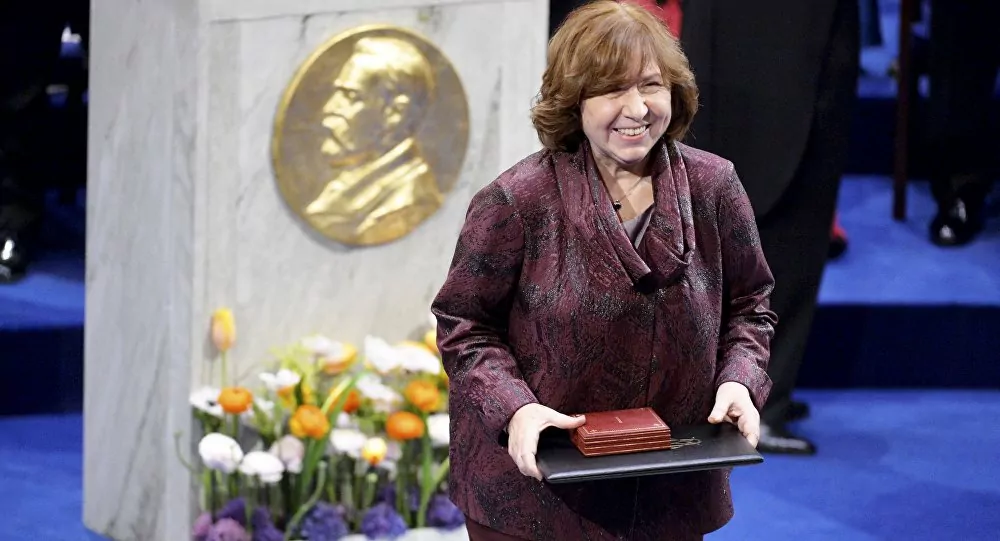
What set phrase do Russophones use to describe their language?
Сложный и красивый;
Великий и могучий;
Особенный и древний;
Разумный и весёлый.
Великий и могучий. The phrase comes from the poem in prose “Русский язык” (1882) by the Russian classic Ivan Turgenev. The entire poem goes as follows:
“Во дни сомнений, во дни тягостных раздумий о судьбах моей родины, — ты один мне поддержка и опора, о великий, могучий, правдивый и свободный русский язык! Не будь тебя — как не впасть в отчаяние при виде всего, что совершается дома? Но нельзя верить, чтобы такой язык не был дан великому народу!”
“In the days of doubts, in the days of heavy ruminations about the dole of my homeland, you are my sole support and buttress, o great, mighty, honest, and free Russian language! Had you not existed, how would I have not fallen into despair, seeing everything that is betiding at home? But one cannot believe that such a language was given to a people that is not great!”

How many Russian kindergartens are there in Madison?
0;
1;
2;
3.
Two. One is called Pelican, offers several school subjects and organizes events. Another one is the Madison Russian School that also teaches Ukrainian.

What writer is considered the founder of modern Russian?
Лев Толстой;
Михаил Ломоносов;
Александр Пушкин;
Фёдор Достоевский.
Alexander Pushkin is credited with fusing all registers into one literary language still in use. In Russia, Pushkin is called “наше всё” (our everything). But he also has monuments in Asmara, the capital of Eritrea, and in Addis Ababa, the capital of Ethiopia. The thing is his great-grandfather, Абрам Петрович Ганнибал, was kidnapped from East Africa and brought to Constantinople. He wound up at the court of Peter the Great and eventually became a general. Pushkin liked to muse over his African ancestry and called Africa “mine” (моя Африка).

What U.S. president spoke some Russian?
Abraham Lincoln;
John Quincy Adams;
FDR;
Andrew Jackson.
John Quincy Adams, the sixth president and the son of the second one, served as the first official American ambassador to the Russian empire. He lived in Petersburg, befriended the tsar Alexander I, and witnessed the Napoleonic invasion. Adams also helped found Russian studies in the U.S., sending books of Russian grammar and vocabulary to Noah Webster.